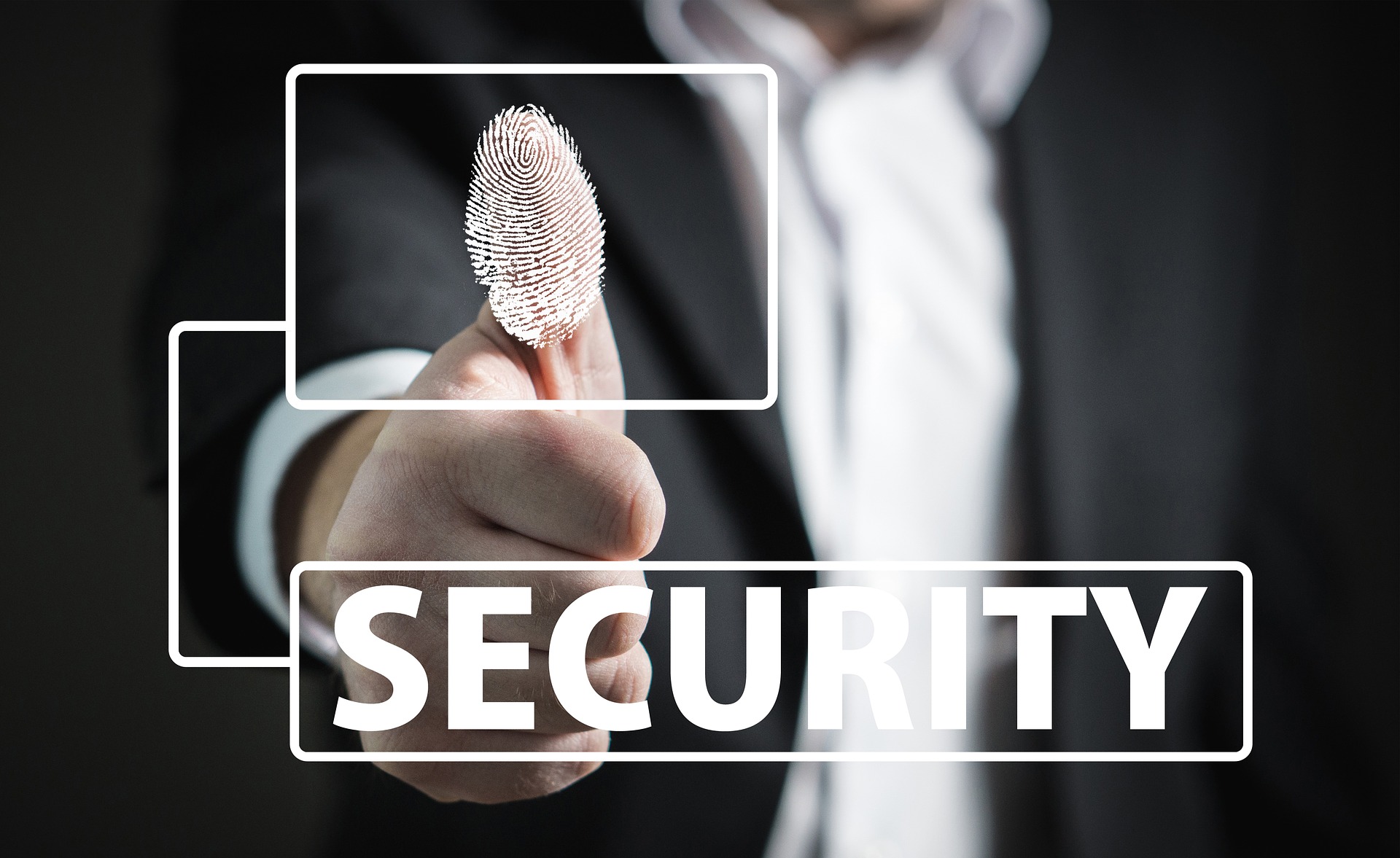
Every new technology comes with its challenges and technology is ever-changing. What was the biggest cybersecurity problem yesterday gets overtaken by an even bigger problem tomorrow. Whether it’s the introduction of 5G creating new vulnerabilities or it’s the Internet of Things, businesses and cybersecurity experts must stay vigilant and make the effort to keep informed about all the threats that hit the business world.
Let’s talk about a few cybersecurity challenges that are disrupting the cybersecurity landscape and will continue to do so for the foreseeable future
The Internet of Things
IoT is nothing less than revolutionary. It allows devices to interconnect and communicate with other similarly connected devices using embedded technology that includes sensors and software. 83% of organizations have adopted IoT and more are joining the bandwagon. The health sector has adopted IoT through the use of wearable devices and even car manufacturers are taking advantage of IoT to create smart cars.
As efficient as IoT is, it comes with a lot of new security vulnerabilities that cybersecurity experts have to tackle as the market grows. IoT creates more targets and vulnerabilities for hackers to exploit. The interconnectedness of devices means that if one IoT device is compromised, all the other devices connected to it are also compromised. The sheer amount of data that is exchanged by IoT devices makes this vulnerability potentially catastrophic. If all the devices in your company are corrupted, the problem will be harder to fix and the damage would be monumental. All these vulnerabilities mean more challenges for cybersecurity professionals and businesses that use IoT.
Phishing
Phishing emails are structured in a way that tempts a user to interact with them. A good example is the trend of fake vaccination emails where hackers were using the disruption caused by the pandemic as a manipulation tool. Companies should take steps to make sure that all employees are trained in cyber hygiene. This will help employees to be able to identify all the red flags that may be an indication of a phishing email. Companies can also invest in email security scanning solutions to limit the risks of phishing attacks


5G Technology
When 5G technology was ushered in, it was the Holy Grail of internet connectivity and speed. It unlocked new possibilities and enabled companies to boost the efficiency and responsiveness of wireless technology.
However, a new technology comes with new security risks. Faster and more efficient wireless technology means that more and more devices are connected. More connected devices translate to more targets for hackers, which means that cybersecurity experts have to keep up with an even bigger security threat.
5G technology can also lend a helping hand to hackers and make it possible for them to extract data at lightning speeds. This is something that both businesses and cybersecurity experts should anticipate and prepare for.
Limited Cybersecurity Expertise
The market for cybersecurity experts is growing and some small businesses might find it costly to employ on-site cybersecurity experts to monitor their systems and they might end up cutting corners in their cybersecurity. This exposes them to cyberattacks that end up costing them more than they would have spent employing the services of cybersecurity experts. With ransomware becoming more popular, businesses need to take steps to protect themselves. Businesses can turn to IT staff augmentation to get help from qualified experts in a manner that is cost-effective and efficient.


Vulnerabilities In Blockchain And Cryptocurrency
Cryptocurrency is a favorite for hackers because of a lot of reasons. All blockchain and cryptocurrency transactions are digital, so they make a very tempting target for hackers. With the popularity of cryptocurrency skyrocketing, it is wise for companies dealing in cryptocurrency to take extreme measures to protect against system breaches that can lead to identity theft and more.
Challenges In Tracking Cybercriminals
Tracking down a cybercriminal and proving that they committed a crime is no mean feat. Until recently, the chances of actually pinning down a cybercriminal were as low as 0.05% in the United States. In countries where cybersecurity is not much of a priority, the chances are even lower. Even if a hacker does not take the necessary steps to mask their activities, it is still a grueling task to prove that they committed a crime and bring them to justice. Tracking cybercriminals is going to continue to be a very difficult task in the foreseeable future. The complex regulations also make the situation even more complicated. Ideally, cybersecurity experts and policymakers should work together to create and establish criteria that can be used to track cyber criminals globally.

Complex Cybersecurity Regulations
While companies have to navigate complex cybersecurity regulations, hackers do not have that hindrance. Cybersecurity rules and regulations differ from country to country and this can make navigating them increasingly tricky for companies. The varying regulations can create a state of confusion that can cost companies a lot of money and weaken their security systems. Hackers can exploit these weaknesses and infiltrate computer systems, causing untold damage to companies.
Vulnerabilities Created By An Increasingly Remote Workforce
Before the pandemic, only 17% of employees in the U.S. worked from home for a minimum of 5 days a week. When the pandemic hit, this increased to 44% by April 2021.
Hybrid work models have become more popular and as convenient as it is, it gives rise to some security risks. Working from home means that employees need to be more careful when accessing company data. They should take safety precautions that include using VPNs and antivirus software in their devices, but how many take these measures? Employees working from home are more vulnerable to cyberattacks and this means that your company data is also vulnerable.
This means that companies should take measures to educate their employees on cybersecurity best practices and create a cybersecurity plan that also covers remote working.
Stay Informed And Protect Your Business
Keeping up with current cybersecurity affairs and following the advice of cybersecurity experts can help your business stay protected. As the threat landscape changes, change with it and develop defense mechanisms to combat new threats. If your company does not have an IT cybersecurity plan in place, get in contact with experts who will help you to keep up with the ever-evolving threat landscape.
































